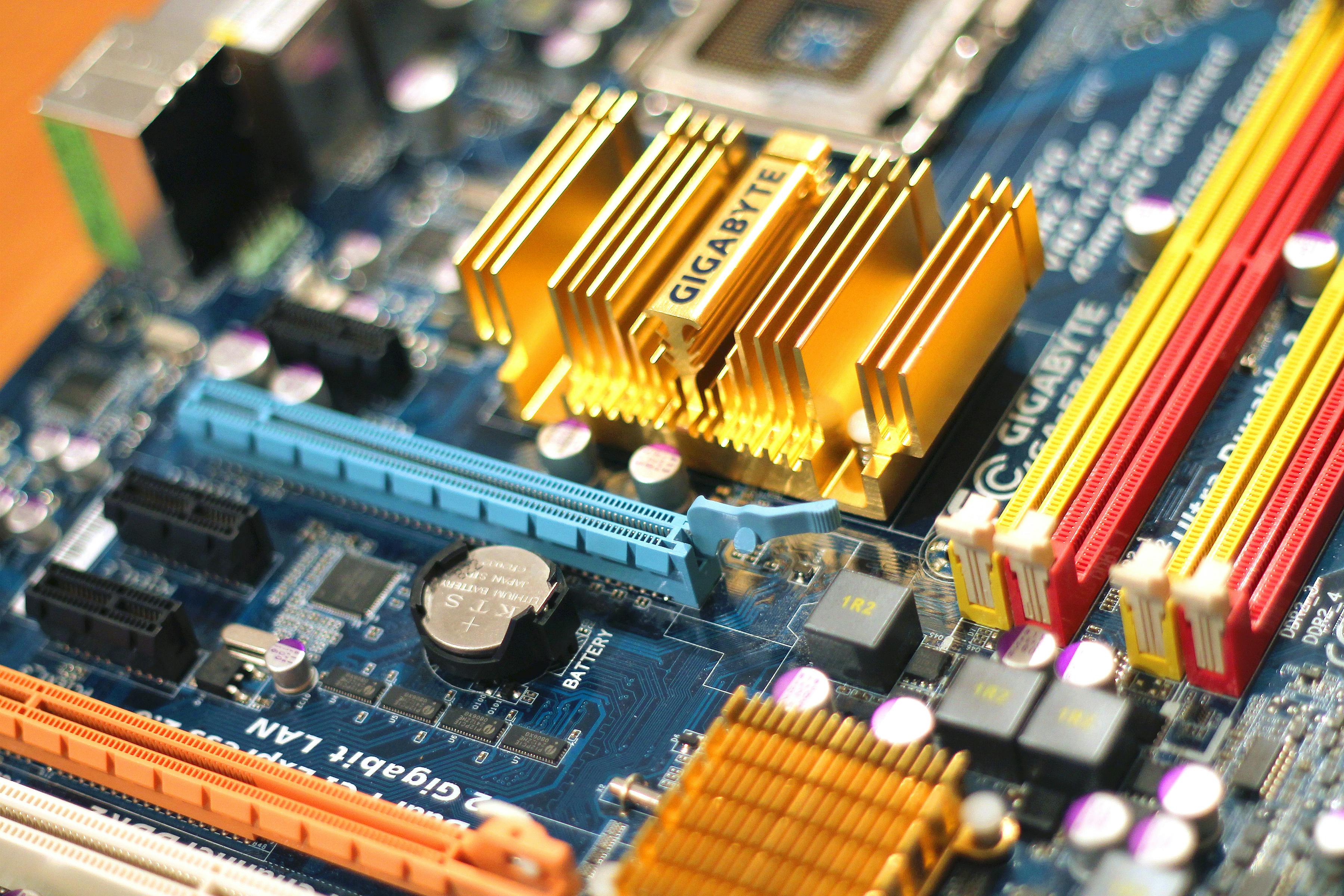Revolutionizing Technology: Exploring AI Chips as Catalysts in the Evolving AI Landscape

In today's digital world, artificial intelligence (AI) is experiencing an unprecedented boom. This would not be feasible without the cornerstone of this modern AI surge - artificial intelligence chips or AI chips. These chips are specially designed hardware that supports machine learning algorithms, boosting their speed and efficiency. They are an essential part of the AI infrastructure, enhancing the performance and capabilities of AI systems and software, making them indispensable in AI developments.
Machine Learning and AI: A Semiconductor Perspective
Artificial Intelligence is not a novel concept, but it has recently gained traction due to the availability of large data sets, powerful algorithms, and AI chips that can quickly process this information. AI chips employ semiconductor technology to execute the complex calculations required for machine learning and AI algorithms, resulting in faster and more efficient AI systems.
AI chips are the result of advancements in semiconductor technology, coupled with the growing demand for more powerful AI. Semiconductors form the core of AI chips, enabling rapid data processing and real-time decisions. This process involves massive parallel calculations, and the more semiconductor units involved, the faster the computations. Hence, advancements in semiconductor technology have played a key role in the advancement and proliferation of AI technologies.
The Importance of AI Chips: Powering the Future
AI chips provide the computational power that allows AI and machine learning systems to operate at their topmost potential. They enhance the speed and efficiency of machine learning algorithms and scale processing power, making it possible to process vast amounts of data at a rapid pace. In other words, AI chips fuel the engine that drives AI's predictive power, interactive interfaces, and real-time operations, making them incredibly crucial in a host of industries.
These industries include healthcare, where AI chips are poised to revolutionize diagnoses and treatment plans, and automotive, where they can deliver robust self-driving technologies. Other sectors like finance, e-commerce, defense, cybersecurity, and manufacturing are also benefiting from AI chip technology.
How AI Chips Work: The Baseline Architecture
Understanding how AI chips work requires a look into their basic architecture. AI chips are typically parallel processing units. They allow many calculations to occur concurrently, accelerating the speed at which computations are performed. This is in contrast to sequential processing, where tasks are completed, one after the other. Massively parallel processing capabilities of AI chips execute simultaneous calculations, exponentially increasing both speed and efficiency.
A typical AI chip contains thousands to millions of small processing cores. These cores are grouped together to crunch data in parallel. When an AI or machine learning algorithm is performed, it is divided into multiple parts and processed concurrently across these cores. The results are then compiled to generate the final output. This architecture makes AI chips ideally suited for machine learning algorithms, which rely on complex mathematical computations.
Emerging Trends in AI Chips: Redefining the AI Landscape
In the rapidly evolving AI landscape, new AI chips are emerging to meet the demand for more computational power. This includes chips targeted at specific applications, such as natural language processing, image recognition, and autonomous vehicles. Furthermore, there are developments in quantum AI chips, which offer profound computational capabilities that may significantly redefine the AI landscape.
Another important trend is the development of edge AI chips, designed to bring AI processing to the edge of the network. These chips are used in Internet of Things (IoT) devices, enabling them to process data locally rather than sending it to the cloud. This enhances the speed and efficiency of these devices and reduces their reliance on the cloud, promoting data privacy.
Conclusion: The Future is Here with AI Chips
In today's world, AI chips are no longer an emerging technology, but rather a driving force that powers the contemporary AI boom. The advancements in this technology are not only changing the world of AI but are increasingly transforming industries and our everyday lives. The sustained integration of AI chips in different sectors underscores the necessity to understand this dynamic technology. And without a doubt, AI chips will continue to play a pivotal role in the future of AI, accelerating its possibilities to new heights.



